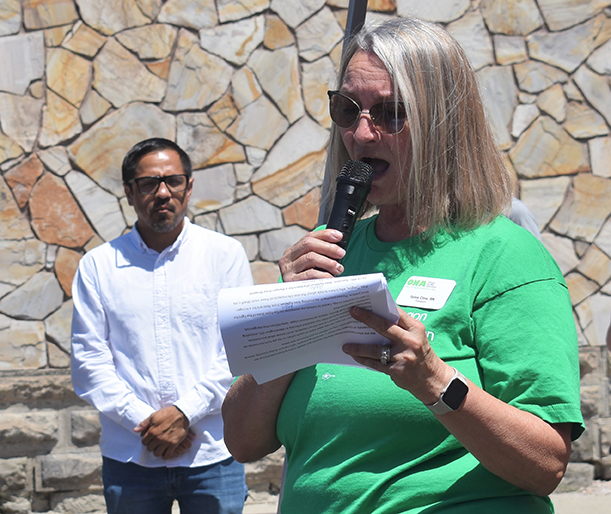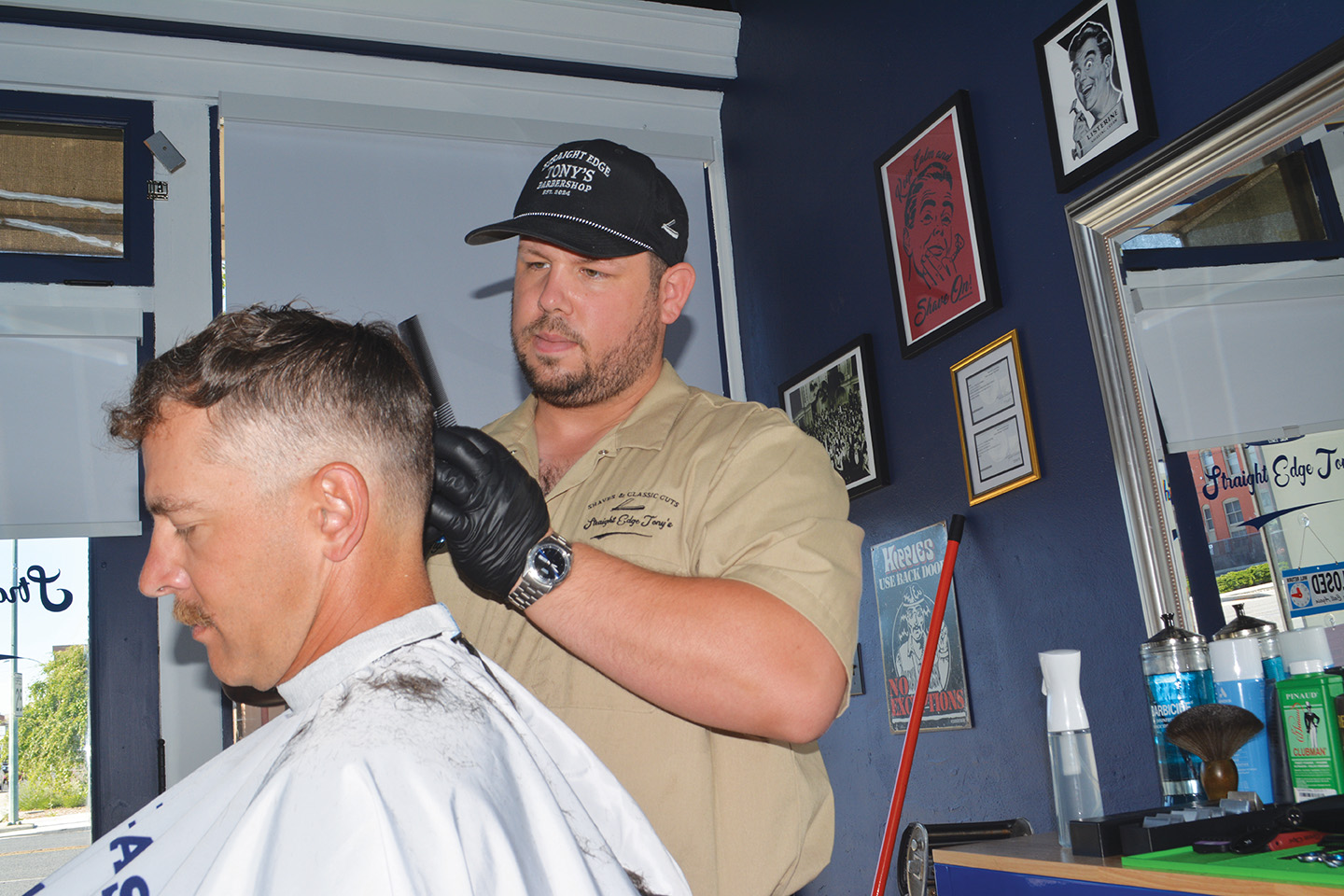COLUMN: The melancholy of a home without a teenager
Published 8:15 am Monday, March 18, 2024

- Jacoby mug.jpg
My youngest child, my son, Max, recently turned 13 and there can be no going back.
For either of us.
For the first time in almost two decades our home has no pre-teen on the premises.
This absence confers a certain benefit, of course, in terms of tranquility.
But also a palpable sadness.
I am confident that my grandsons, Brysen, who’s 7, and Caden, 4, can fill the rambunctious role with considerable energy.
But their positions are part-time, which isn’t at all the same.
The transition from cacophony to comparative silence isn’t sudden, of course.
A 12-year-old doesn’t transform from a maelstrom of mayhem into a model of decorum the moment he blows out the candles on his 13th birthday.
Even now Max sometimes, for reasons I can’t fathom (but probably could when the trappings of teenage life were new to me), careens through the house in a manner that might best be described as grand mal.
Dishes rattle in the kitchen cabinets.
Doors shudder in their jambs.
But a young adult is nothing like as unpredictable as a kid whose age is still expressed in a single digit.
Or as likely to get into the sort of trouble that requires a frantic call to the poison control center.
Or major structural repairs to your house.
When a small child is around — and not napping — you can never truly relax, or divert your attention to a book or TV show.
(Or a nap of your own.)
Even good-natured and generally responsible kids can’t be trusted.
But Max can of course look after himself.
(Although I scotched his proposal to bake chocolate chip cookies on a recent evening when his mom and I were covering a high school basketball game and he stayed home. We compromised on no-bake cookies. I figured he could foul up the kitchen but was unlikely to set anything afire with flour, sugar and butter at his disposal.)
This gradual trend, from the occasional hysteria of sharing a small space with a child to the comparative placidity when every member of the household is either progressing through puberty or has long since bid it (and its hormones) farewell, got me to thinking about a couple of pop songs.
Both deal, albeit in quite different ways, with the transition out of boyhood.
Each has lyrics which seem to me among the most melancholy ever sung, particularly if your perspective, like mine, is that of a father.
“Cat’s in the Cradle,” by far the best known of singer Harry Chapin’s compositions, chronicles the changing relationship between a father and his son.
The song actually started, however, as a poem written by Chapin’s wife, Sandra Chapin.
The lyrics imply that the father is often absent due to his work — “there were planes to catch and bills to pay” in the piquant phrasing.
The song is propelled by a refrain, first the son’s plaintive question — “When you coming home, dad?” — followed by the father’s reply — “I don’t know when. But we’ll get together then. You know we’ll have a good time then.”
Chapin, who was one of popular music’s most generous philanthropists, was killed in a car crash while driving to perform at a free benefit concert in 1981 at age 38.
In the second part of the song the perspectives swap. The son, as a college student, is more interested in borrowing his dad’s car than sitting down to have one of the conversations they missed when he was a boy.
The refrain is reversed, the father asking when his son is coming home.
In the final verse, father and son have a brief phone conversation. The father says he’d like to have a visit. The son, busy with a new job and “the kids have the flu,” says he’d love to get together “if I can find the time.”
This, of course, is what everything, in the end, comes to.
Time.
Something so easy to take for granted, but something which is constantly ebbing, every second irreplaceable.
The lyric that has always resonated most with me, though, probably because my dad lives 315 miles away and we talk more often on the phone than in person, is what the son says during that phone call:
“But it’s sure nice talking to you, dad, it’s been sure nice talking to you.”
The other song is “Puff, the Magic Dragon” by Peter, Paul and Mary, the folk trio that had many hits in the 1960s.
Although it, like “Cat’s in the Cradle,” features acoustic guitar as the dominant instrument (Chapin’s song is also larded with a somewhat cloying string arrangement), “Puff, the Magic Dragon” is quite dissimilar.
Chapin’s story is wholly — perhaps even banally — realistic, a story of fathers and sons, jobs and car keys, phone calls and sick kids.
There are no dragons, magic or otherwise.
Yet “Puff, the Magic Dragon” contains a line which, it seems to me, reflects the sadness of the passage of time with a poignancy that few written passages can match.
The lyric serves as the turning point in the story of the song, when Puff and his friend, the boy Jackie Paper, part ways as the boy finds other things to occupy his time.
“A dragon lives forever, but no so little boys.”
Rarely has an inexorable truth been expressed so simply yet so powerfully.
Dragons don’t exist.
Little boys certainly do.
But only for a while.









